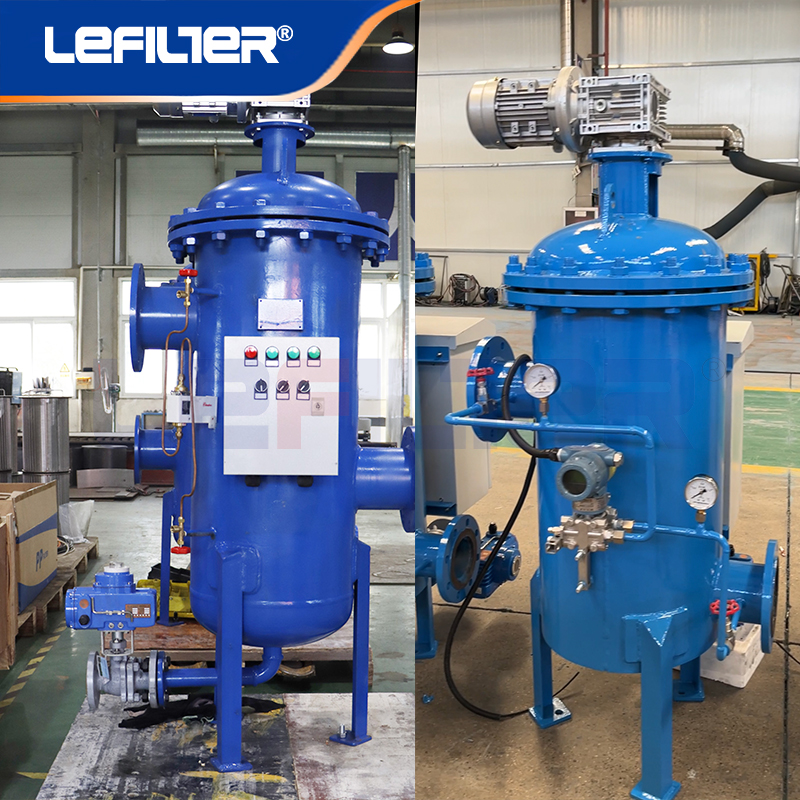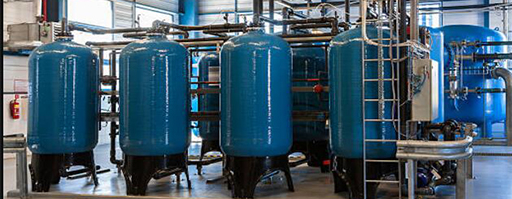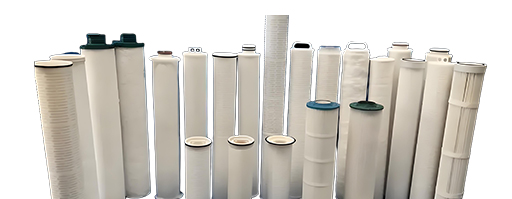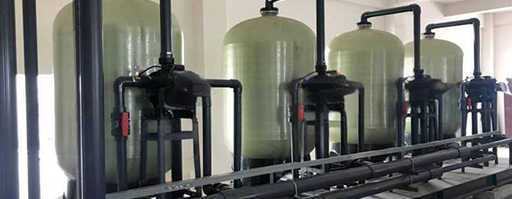Introduction
A Security filter is an indispensable tool in ensuring the integrity and functionality of water systems across a wide range of industries. These filters play a pivotal role in safeguarding water supply systems from contamination and operational failures. In sectors where water is used in critical processes, such as manufacturing, food processing, or energy production, the necessity of a water security filter becomes paramount. Industrial environments rely heavily on industrial filters to ensure the effective and safe circulation of water, maintaining operational efficiency while preventing damage to equipment.
Product Overview
Definition and Purpose of Security Filters
A Security filter is a device engineered to remove harmful contaminants from water, ensuring that the water used in industrial applications meets the necessary purity standards. It serves as a line of defense against unwanted particles, debris, and even harmful microorganisms that could compromise water quality, cause system failures, or damage equipment.
The primary function of security filters is to ensure the continuous flow of clean water, free from contaminants, into water-sensitive systems. These systems include water treatment plants, manufacturing processes, and even cooling systems for energy generation. By removing suspended solids, rust, sediments, and organic compounds, security filters improve water quality and prevent a host of potential issues that could disrupt industrial operations.
Core Functions of Security Filters
Contaminant Removal: Security filters remove large particles, including sediment, rust, sand, and dirt, from water. These contaminants could clog pipelines, damage sensitive equipment, or impair system performance.
Protection of Equipment: By keeping particulate matter out of water systems, industrial filters reduce the risk of wear and tear on pumps, valves, and other essential machinery.
Ensuring Water Quality: In many industries, such as pharmaceuticals, food and beverage processing, and chemical manufacturing, water purity is critical. Security filters ensure that the water used in production meets stringent quality standards.
Types of Security Filters
There are various types of industrial water filters designed for different applications. These include:
Mechanical Filters: These use physical barriers such as mesh screens or cartridges to remove particles of a certain size. They are commonly used in large-scale water systems where the goal is to eliminate coarse debris and sediment.
Chemical Filters: These filters utilize activated carbon or other chemical media to remove dissolved pollutants and organic compounds from water. These are commonly used in applications requiring high levels of purification, such as in the food processing industry.
Multimedia Filters: These are advanced filters that combine several filtration media, including sand, anthracite, and gravel, to remove a wide range of contaminants from water, offering versatile and comprehensive filtration solutions.

Technical Specifications
The performance of a water security filter is determined by several key technical parameters. These parameters ensure that the filter can handle the demands of industrial water filtration systems while delivering optimal performance and efficiency.
Flow Rate: The flow rate of a security filter is crucial in determining its suitability for specific applications. It refers to the amount of water that can pass through the filter per unit of time, usually measured in gallons per minute (GPM) or liters per second (L/s). Industrial systems often require high flow rates, and filters must be selected accordingly.
Filtration Efficiency: This refers to the filter's ability to remove particulates of varying sizes. High-efficiency filters can capture particles as small as 1-5 microns, ensuring that water is free from fine contaminants that could damage industrial systems.
Pressure Rating: Since many industrial water systems operate under high pressure, it’s essential that the security filter can withstand such conditions. The pressure rating indicates the maximum pressure the filter can handle without failure, ensuring it functions reliably in high-pressure environments.
Filtration Capacity: This is the total volume of water that a filter can process before it requires maintenance or replacement of the filter media. This capacity is usually measured in cubic meters (m³) and is a key factor in determining the operational lifespan of the filter.
Material Construction: Industrial filters must be made of durable materials that can withstand harsh conditions. Common materials include stainless steel, which is resistant to corrosion, and FRP (fiberglass-reinforced plastic), which provides a lightweight and highly durable option.
Core Selling Points and Differentiation
The market for industrial water filters is highly competitive, with many different types of filtration solutions available. What sets security filters apart from other filtering solutions are the following key selling points:
Comprehensive Protection: Security filters are designed to handle a wide range of contaminants, from large particulates to fine sediments. They provide robust protection for critical water systems, ensuring that even the most demanding industrial operations are protected.
Low Maintenance Requirements: Security filters are engineered for durability and ease of maintenance. Automatic backwashing and high-quality materials reduce the need for frequent manual intervention, making them a cost-effective solution for long-term use.
Customization: Security filters can be customized to meet specific industry requirements, whether it’s for large-scale industrial water filtration or specialized water treatment for food production. This adaptability ensures that each application gets the right level of filtration.
Environmental Impact: By preventing contaminants from entering the water system, these filters help to minimize waste, reduce energy consumption, and contribute to more sustainable industrial practices.

Applications and Solutions
Security filters are crucial components in many industrial applications, ranging from water treatment plants to manufacturing and power generation facilities. Below are some key industries where these filters are essential:
Water Treatment and Purification:
In municipal and industrial water treatment plants, security filters play a critical role in ensuring that incoming water is free from harmful particles before it undergoes further treatment. These filters protect the entire treatment process, preventing damage to downstream equipment.
Manufacturing and Food Processing:
In manufacturing plants, particularly in food and beverage production, clean water is a requirement for both operational efficiency and product safety. A water security filter removes particulates that could contaminate products or disrupt machinery. In the food processing industry, these filters ensure that only high-quality water enters production lines, safeguarding product quality and consumer health.
Power Plants and Cooling Systems:
Power generation facilities rely on large amounts of water for cooling systems. Security filters ensure that the water used in cooling towers and steam generators is free of debris, preventing clogging and corrosion of critical infrastructure.
Chemical and Pharmaceutical Industries:
In the pharmaceutical and chemical industries, water purity is of the utmost importance. Security filters remove even the finest contaminants to ensure that water used in sensitive production processes meets stringent quality standards.
In conclusion, security filters are essential tools for safeguarding industrial water systems, protecting both water quality and operational efficiency. Whether you’re looking to enhance water security in your plant, reduce the risk of equipment damage, or improve system reliability, a water security filter is the key to ensuring smooth, uninterrupted operations. By understanding the technical specifications, performance, and diverse applications of security filters, industries can make informed decisions to invest in the most effective filtration solutions for their needs.
Self-cleaning Filter

Self-cleaning Filter











